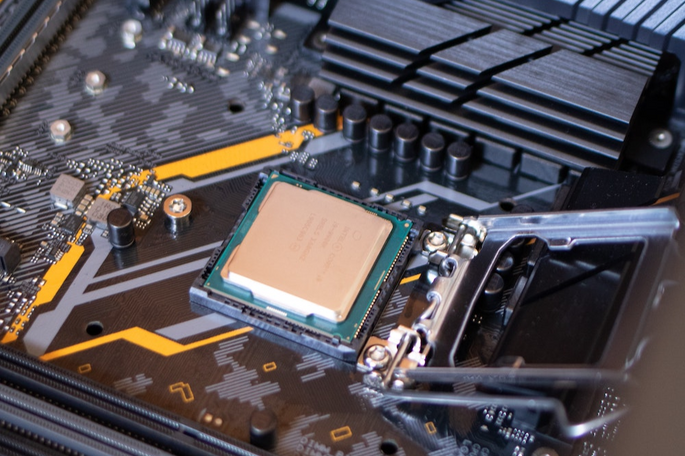Non-conductive polymer screws, nuts, bolts, washers, and fasteners are fasteners that are made from polymers that have a low electrical conductivity. They are used in a variety of applications where electrical conductivity is a concern, such as in the electronics and electrical industries, or in environments where electrical hazards are present.
There are a variety of non-conductive polymers that can be used to make screws, nuts, bolts, washers, and fasteners, including polyethylene, polypropylene, and polytetrafluoroethylene (PTFE). These polymers are known for their low electrical conductivity, which makes them suitable for use in applications where electrical conductivity is a concern.
Non-conductive polymer screws, nuts, bolts, washers, and fasteners may be used in a variety of applications where electrical conductivity is a concern, such as in the construction of electrical equipment or in the assembly of electronic components. They may also be used in the manufacture of electrical insulation materials or in the installation of electrical systems.
Non-conductive polymer fasteners are often chosen for their low electrical conductivity, as well as their other beneficial properties, such as corrosion resistance and good mechanical properties. They can help to improve the safety and reliability of electrical and electronic systems, and they can help to prevent electrical accidents and failures.
In addition to their use in the electronics and electrical industries, non-conductive polymer fasteners may also be used in other applications where electrical conductivity is to be avoided.






